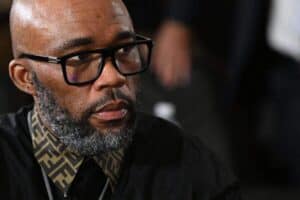South Africa’s tariffs under Trump reflect a global trend, not a targeted punishment.

The Cyril Ramaphosa haters are almost beside themselves in gleeful rage, pointing their fingers at the president as being the person responsible for bringing down the wrath of US tariffs upon our heads.
Led by AfriForum, these critics claim Ramaphosa and his government did not do enough to address US concerns about the safety of whites in South Africa… and, in the process, provoked US President Donald Trump to double down and impose 30% duties on South African imports into his country.
Now, while we agree with the line of thinking that the ANC, through its incompetence, arrogance and looting, has destroyed much that was working in this country, it is actually a leap too far to think that, had Ramaphosa and his comrades not been at the helm in the Union Buildings, things might have unfolded differently for South Africa.
What is not logical, or supported by the facts of Trump’s global tariff policy, is that the White House is serving out payback only to its perceived enemies.
ALSO READ: Where Trump’s tariffs will hurt most
Just look at the case of Japan, or South Korea – both strong allies of the US and bulwarks against Chinese expansionism.
They have both been slapped with tariffs that were not in place before Trump embarked on what many regard as an attempt to unilaterally redefine the rules of global trade.
In reality, there is very little difference, when it comes to tariffs, whether you consider yourself a friend or enemy of the United States. You’re still going to be punished.
The sooner we start facing that reality – that we are subject to the irrational whims of the Man Who Would Be King – the sooner we can start working out where our real friends and our real, long-term political, diplomatic and trade relations will lie in the future.
NOW READ: Mr President, the ball is in your court
Support Local Journalism
Add The Citizen as a Preferred Source on Google and follow us on Google News to see more of our trusted reporting in Google News and Top Stories.








